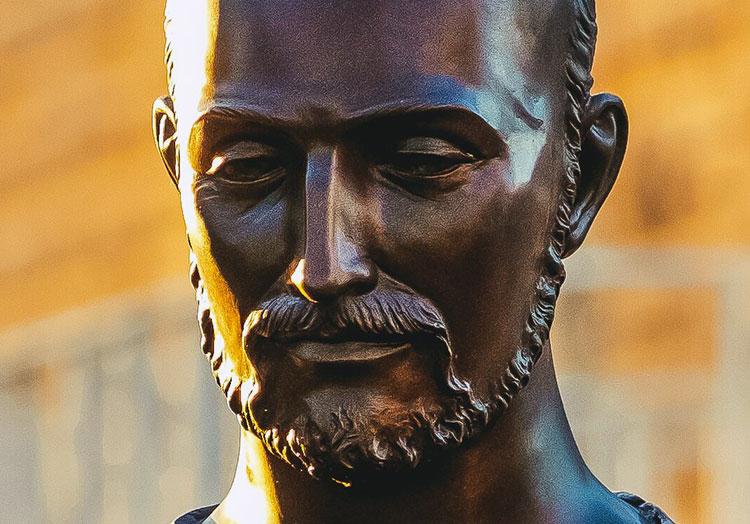
One of St. Ignatius Loyola’s great spiritual insights, and therefore one of his gifts to our world, was a way of engaging in conversation with another person. For St. Ignatius, the other person is a child of God and a person deserving respect and consideration no matter what opinion the person holds or the history of the relationship with this person. We call this Ignatian Conversation.
At the beginning of the Spiritual Exercises, St. Ignatius lays out the Presupposition for the entire retreat and for Ignatian Conversations. In it each person “presupposes” the good in the other and the “goodness” of the statement being made. When one believes the statement is not correct, with love one seeks to correct or work to understand the statement so that “it may be saved” or understood in a correct fashion.
The Presupposition of the Spiritual Exercises
[22] That both the giver and maker of the Spiritual Exercises may be of greater help and benefit to each other, it should be presupposed that every good Christian ought to be more eager to put a good interpretation on a neighbor’s statement than to condemn it. Further, if one cannot interpret it favorably, one should ask how the other means it. If that meaning is wrong, one should correct the person with love; and if this is not enough, one should search out every appropriate means through which, by understanding the statement in a good way, it may be saved.
At Rockhurst University we speak of engaging in fruitful conversation and these have the following attributes:
- Slow to speak
- Listen attentively
- Seek the truth in what others are saying
- Disagree humbly, respectfully, and thoughtfully
- Allow the conversation the time it needs
In order to foster Ignatian Conversations on campus we at Rockhurst reflect on and discuss some of its elements:
Commitment– to holding up the six core Jesuit values of finding God in all things, reflection and discernment, magis, cura personalis, contemplation in action, and wisdom
Openness – of one person invites others to enter
Respect – for our traditions is the core of our innovation
Gratitude – for our ancestors inspires our future
Generosity – of the Divine is more than we could ever imagine
Love – is expressed more in deeds than in words
